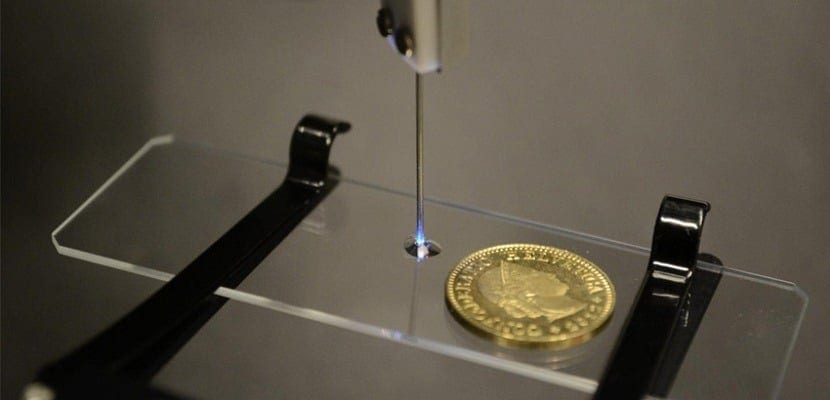
Today there are many research and development centers working on new forms of 3D printing. A clear example of this we have today in the studies that have been published by the research team of the Federal Institute of Technology in Lausanne, EPFL for its acronym, directed by Paul delrot.
In this field, researchers have succeeded in demonstrating that the concept of endoscopic 3D printing, that is, a type of 3D printing that instead of specialized machines would originate directly inside the body of any person thanks to the use of a needle loaded with photopolymers. This technique can greatly facilitate 3D bioprinting as well as the deployment of regenerative medicine.
This research offers a great solution and the possibility of reaching the market of what is known as endoscopic 3D printing.
In his own words Paul delrot:
With further development, our technique could enable endoscopic microfabrication tools that would be invaluable during any surgery. These tools could be used to print micro- or nano-scale 3D structures that facilitate cell adhesion and growth to create engineered tissues that restore damaged tissues.
Our work shows that 3D microfabrication can be achieved with techniques other than the targeting of a high-power pulsed femtosecond laser. The 3D microprinting method of EPFL single photon three-dimensional microfabrication through multimod optical fiber.
As specified in the paper published by this team of researchers, after many years of work it has been possible to create the necessary technique to produce structures at a scale very close to the two known photon lithography techniques. The real difference between the aforementioned techniques and the one developed by EPFL is that their project is much more compact and, by using a constant laser instead of a pulsed laser, it can be implemented in much cheaper devices.